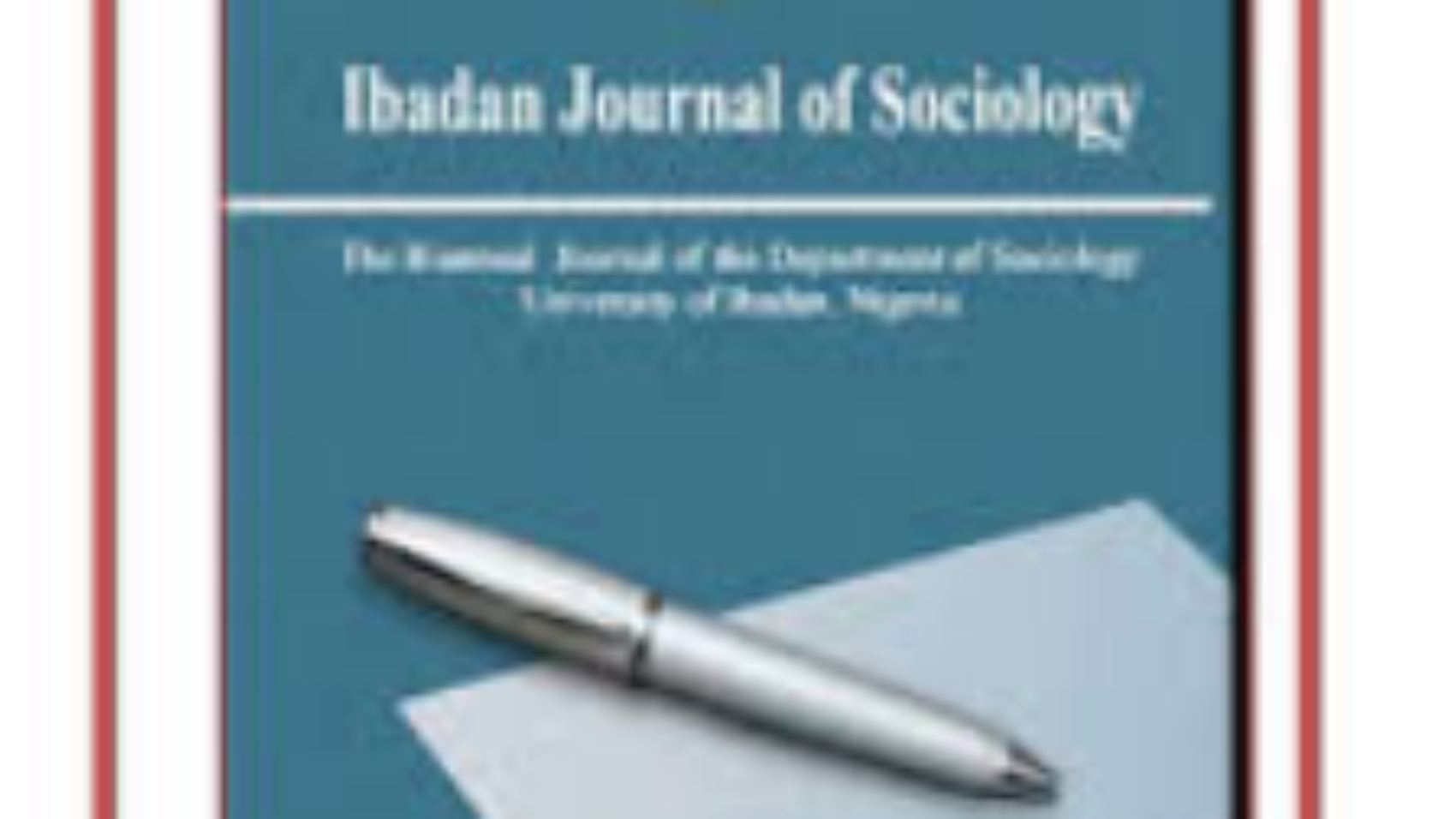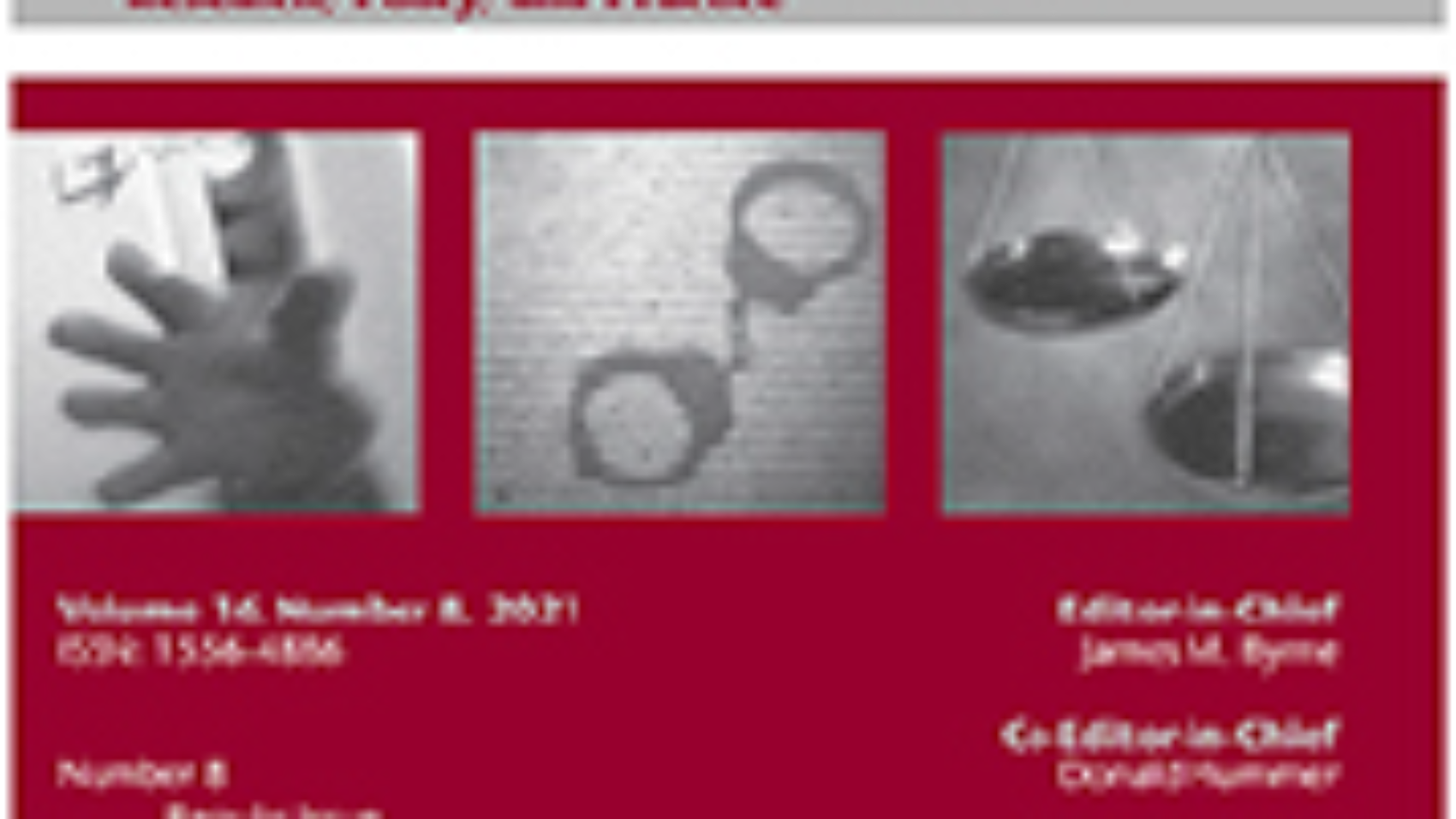In recent years, series of protests have broken out from various prisons across Nigeria as fallout of differential treatments of prisoners and poor condition of correctional facilities. Questions have been raised about the rationality of the disparate treatment of inmates along socioeconomic lines. This present study examined the reported segregation of inmates within the context of the correctional good of prison system. From the inductive analysis of 49 qualitative interviews with ex-inmates of prisons, prison officials and legal practitioners, a pattern of unofficial discrimination of prisoners along socioeconomic lines emerged. Findings reveal that selection of inmates for disparate treatment is corruption-laden. It is submitted that in order to progressively realise and improve the administration of justice and the prison system in Nigeria, the government and other stakeholders should review reports of panel of inquiry into the country’s prison system, establish prison-reporting scheme for inmates, and rehabilitate prison facilities.
Aborisade, R.A. (2019) Differential Treatments of Prison Inmates and Implications on Nigerian Criminal Justice System, Ibadan Journal of Sociology, 9 (1) 29-46.






